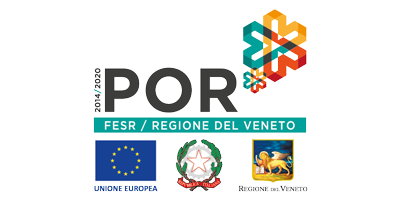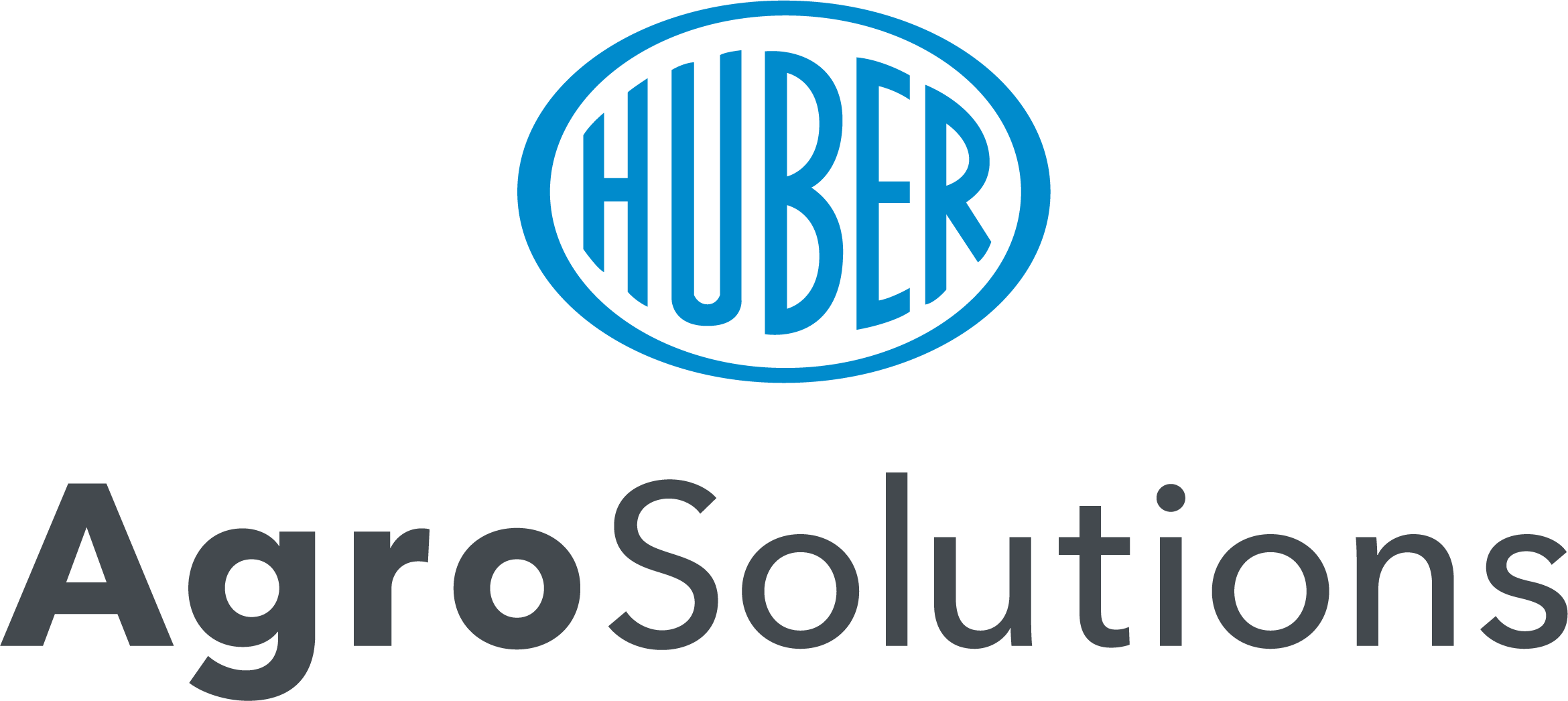STANDARDISES COLOUR
Uniformity in fruit colour is one of the consequences of proper ripening, combined with flavour development, anincrease in sugars and pulp softening. The substances giving colour to fruits differ according to the plant species(polyphenols, carotenoids, anthocyanins, etc.), but they all contribute to improving the organoleptic quality andthe healthiness of fruits.
ILSAKOLORADO just enhances the development of those natural pigments giving the final colour to fruits: lycopene and beta-carotene in tomatoes, peppers, cherries, peaches, apricots, melons and citrus; anthocyaninsand polyphenols in grapes, cranberries, plums and aubergines. Thanks to the high content of completely available potassium, betaines and polysaccharides, ILSAKOLORADO helps plants to perform regularly at the time of fruit ripening, when stress susceptibility is very high.
ILSAKOLORADO is particularly suited for wine and table grapes (red berry variety), cherries and stone fruitsin general, apples, pears, tomatoes and other solanaceae. It is also ideal for flower and ornamental crops, sinceit stimulates the natural colour and the brightness of plant tissues.
Chemical and physical features
- LIQUID BROWN COLOUR
- pH 7,5 ± 0,5
- DENSITY 1,33 ± 0,02 kg/dm3
- CONDUCTIVITY 3,80 ± 0,20 dS/m
COMPOSITION
-
Total Nitrogen (N) 4 %
- Of which: Organic Nitrogen (N) 1 %
- Ureic Nitrogen (N) 3 %
- Water soluble Potassium oxide (K2O) 12 %
- Organic Carbon (C) 8 %
Contains in particular
- PLANT EXTRACTS WITH HIGH BETAINE CONTENT
- POTASSIUM THIOSULPHATE
Characterising substances
- BETAINES, POLYSACCHARIDES, POTASSIUM THIOSULPHATE, BIOACTIVE PLANT EXTRACTS
ACTIONS OF THE CHARACTERISING SUBSTANCES
| STRESS REDUCTION IN THE RIPENING STAGE | DEVELOPMENT OF NATURAL FRUIT PIGMENTS | |
|---|---|---|
| BETAINES |

|
|
| POTASSIUM THIOSULPHATE |

|

|
| POLYSACCHARIDES |

|
Doses and methods of use of the fertilizer
-
Fruit
-
Blueberry2,5-3 kg/ha2-3 applications, every 10-12 days, from pre-veraison
-
Persimmon2,5 - 3 kg/ha2-3 applications, every 7-8 days, from pre-veraison
-
Raspberry2,5 - 3 kg/ha2-3 applications, every 10-12 days, from pre-veraison
-
-
GrapeVine
-
All2,5-3,5 kg/ha2-3 applications, every 10-12 days, from pre-veraison
-
-
Greens and Nurseries
-
Ornamental and Floral Crops100g - 100 lt waterEvery 10 to 20 days as needed
-
-
Olive Tree
-
All2-2,5 kg/ha2-3 applications, every 10-12 days, from pre-veraison
-
-
Pome fruits
-
Apple2,5 - 3 kg/ha2-3 applications, every 7-8 days, from pre-veraison
-
Pear2,5 - 3 kg/ha2-3 applications, every 7-8 days, from pre-veraison
-
-
Stone fruits
-
Apricot2,5 - 3 kg/ha2-3 applications, every 7-8 days, from pre-veraison
-
Cherry2,5 - 3 kg/ha2-3 applications, every 7-8 days, from pre-veraison
-
Nectarine2,5 - 3 kg/ha2-3 applications, every 7-8 days, from pre-veraison
-
Peach2,5 - 3 kg/ha2-3 applications, every 7-8 days, from pre-veraison
-
Plum2,5 - 3 kg/ha2-3 applications, every 7-8 days, from pre-veraison
-
-
Vegetables
-
Eggplant2,5 - 3 kg/ha2-3 applications, every 10-12 days, from pre-veraison
-
Melon2,5 - 3 kg/ha2-3 applications, every 10-12 days, from pre-veraison
-
Pepper2,5 - 3 kg/ha2-3 applications, every 10-12 days, from pre-veraison
-
Strawberry2,5 - 3 kg/ha2-3 applications, every 10-12 days, from pre-veraison
-
Tomato2,5 - 3 kg/ha2-3 applications, every 10-12 days, from pre-veraison
-
The dose indicated in the table has been calculated by taking into account an irrigation volume of about 500-600 litres of water per application. The doses shown should be considered as merely indicative and may vary according to pedoclimatic conditions and average yields expected.
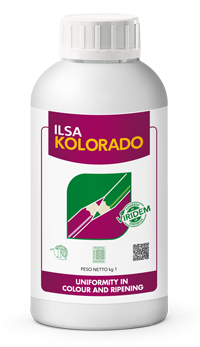








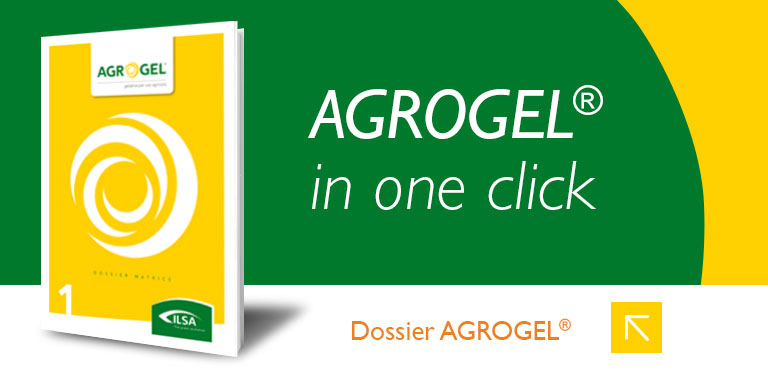
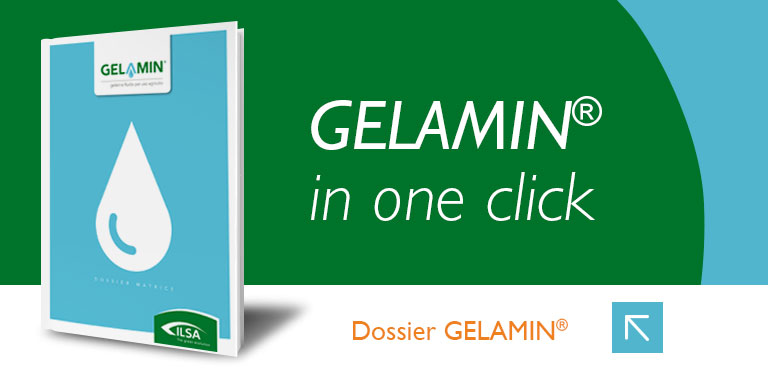
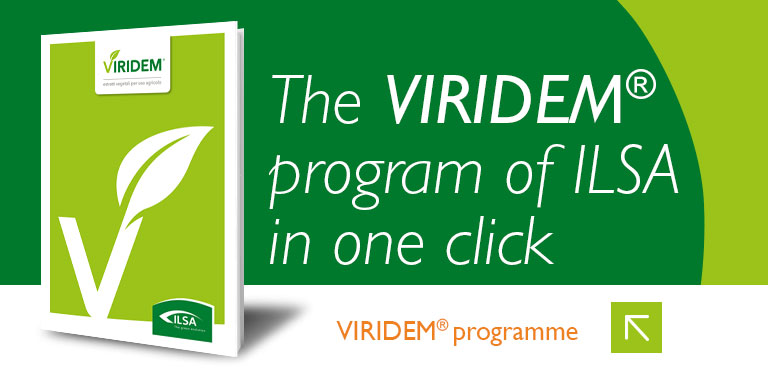
.png)
